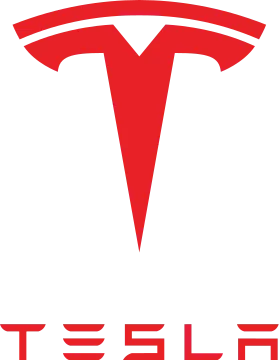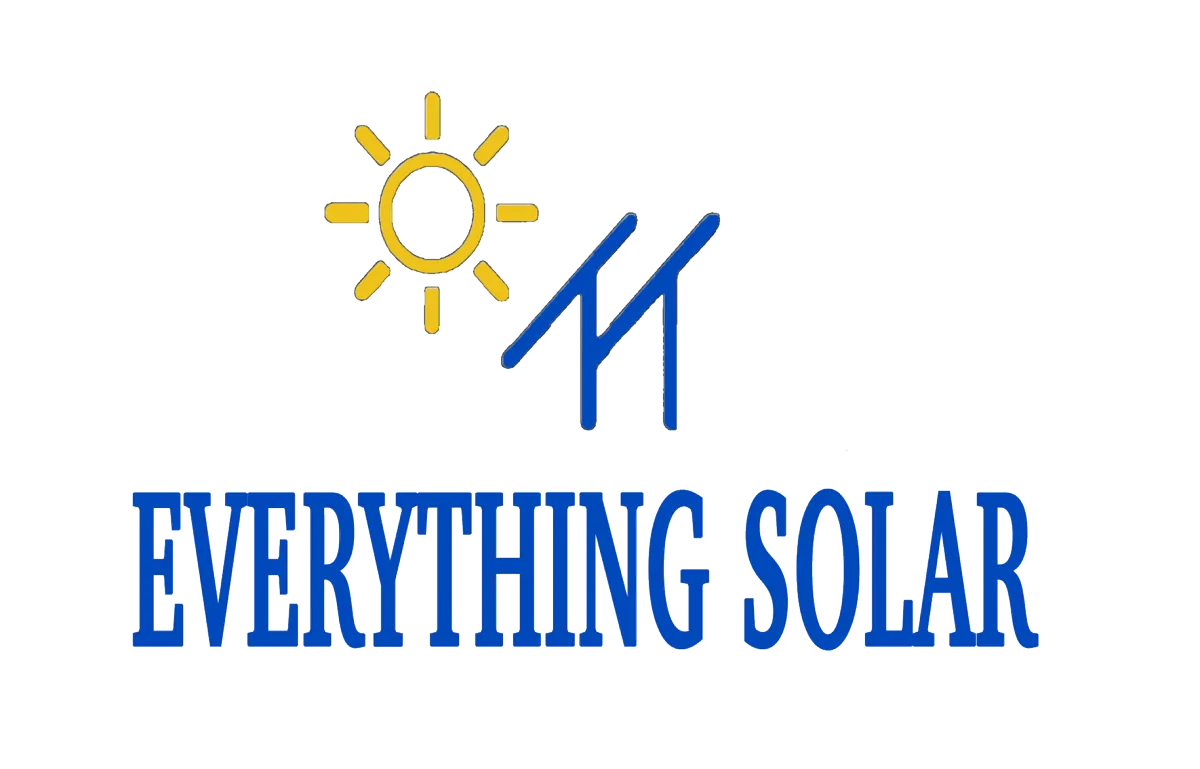
AR License: 0456650626
Commercial Solar Installation
Are you interested in solar power as an alternative source of energy? Businesses that go solar can eliminate or significantly reduce their electric bill saving 100’s of thousands of dollars over the life of the system. With the cost of energy rising so rapidly, there is no better way to fight inflation than producing your own electricity. Tax credits and deductions for commercial systems make the cost of going solar more affordable than it’s ever been.
We at Everything Solar will evaluate a range of products to determine the best solution for you, whether that be an on-grid, off-grid or hybrid solar system mounted on the roof or on the ground.
Key Benefits
Reduction of Annual Energy Expenses
For a properly sized system it is very common to see 50% to 70% reduction in annual energy expenses for the average 9-5 business without a battery system. This is because the system utilizes self consumption so as the power is being produced during the day it is directly feeding into your business thus reducing your need to pull energy from the grid. For a panel only system a 16% to 17% rate of return on investment is very common, this coupled with the tax credits and deductions leads to a very fast return on investment, in most cases less than 3 years.
Tax Credits and Deductions
The Investment Tax Credit (ITC) is currently set at 30% of the system cost. Additionally systems that are installed within areas defined as an "Energy Community" qualify for an additional tax credit equal to 10% of the system cost.
Click Here to see if your area qualifies for this extra credit.
Tax Cuts and Clean Jobs Act of 2017 introduced “Bonus Depreciation” for the initial year of solar projects, enabling a portion of the project’s depreciable base to be depreciated in year one. In 2025, the depreciable base multiplied by the bonus depreciation rate results in up to 85% of the total system cost being eligible for Bonus Depreciation in year 1.
Commercial solar energy equipment is eligible for a 5-year cost recovery period under MACRS. MACRS is a depreciation system that allows businesses to deduct the cost of qualifying property over a set period.
Please consult with a licensed CPA for more details.
Loss Prevention
Power outages can cost businesses thousands in lost revenue, spoiled inventory, damaged equipment, and downtime. A commercial solar energy system combined with battery storage and/or backup generators ensures your business stays powered and productive—no matter what, protecting profits, assets, and customer trust.
Whether it’s a storm, wildfire, or rolling blackout, solar-backed energy systems protect your business from costly interruptions. A solar system with batteries and/or generator isn’t just backup—it’s business insurance in the form of clean, reliable power.
Low Maintenance Cost
Solar panels themselves have few moving parts and are designed to withstand weather conditions, so they don't require frequent maintenance. Occasional cleaning is the primary maintenance task.
This usually involves removing dust, debris, and bird droppings that can accumulate on the panels and reduce their efficiency. Solar systems don't require fuel, eliminating the need for fuel storage, refueling, or dealing with potential spills or leaks.
Low maintenance requirements translate into lower operational costs, making them an attractive option for farmers looking to reduce energy expenses and increase profitability.
On-Grid Solar System
A large majority of solar panels are considered “grid-tied,” which means that they’re “tied” to the local utility grid and rely on it to function. With the help of net metering or net billing programs, grid-tied systems can lower your business energy costs with minimal investment required.
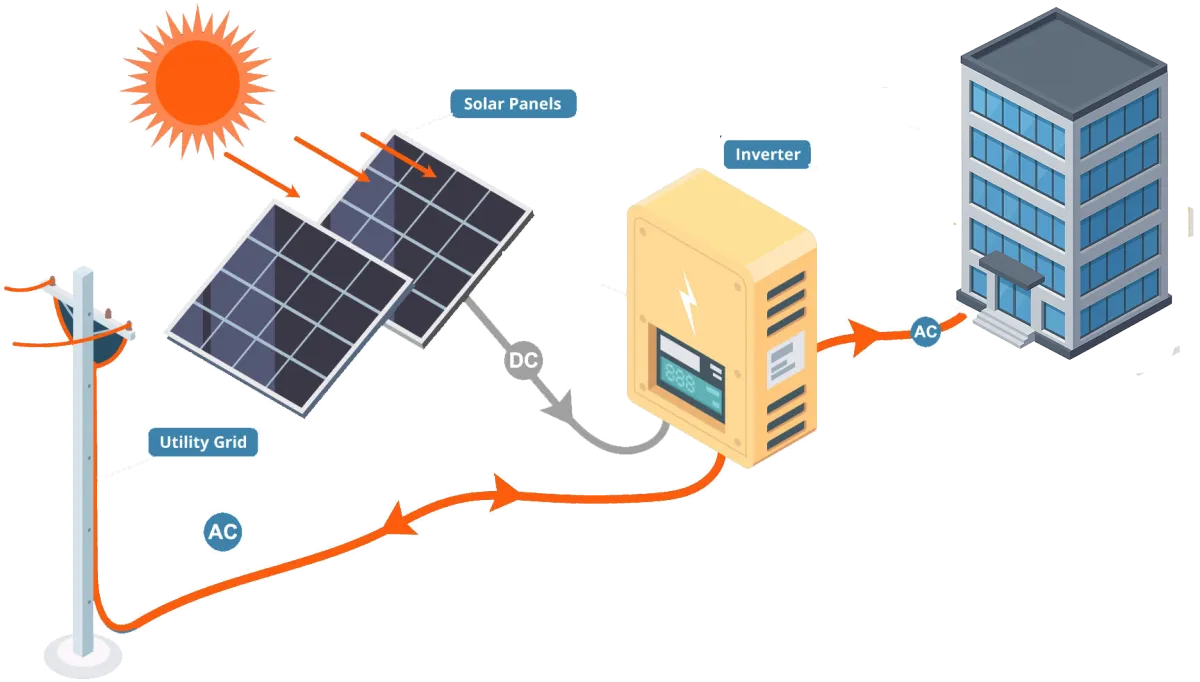
Pros of Grid-tied Systems
Low upfront costs compared to off-grid and hybrid systems, grid-tied solar systems are typically installed with the lowest total costs.
Net metering and net billing participation means you remain connected to the utility grid, the excess electricity your panels produce can lower your monthly energy bills. Although policies vary by location and utility.
Grid-tied solar systems do not force your business to run on the sun alone—utility power remains available on your property.
Cons of Grid-tied Systems
No power during outages without a battery. If you experience a utility power outage, whether planned or unexpected, grid-tied solar panels will automatically shut off. Your solar panels must then remain shut down for the outage’s duration to protect those working to repair lines or restore power.
Though not usually excessive, grid-tied solar panels can be subject to more fees and regulations than off-grid solar systems. Before your system becomes operational, approval must be granted by the local building authority and energy utility before and after your installation.
Off-Grid Solar System
With the help of an energy storage battery or a generator, off-grid solar systems function independently as a sustainable source of electricity anywhere the sun shines. Off-grid systems are necessary in remote areas without access or reasonable cost to acquire utility power.
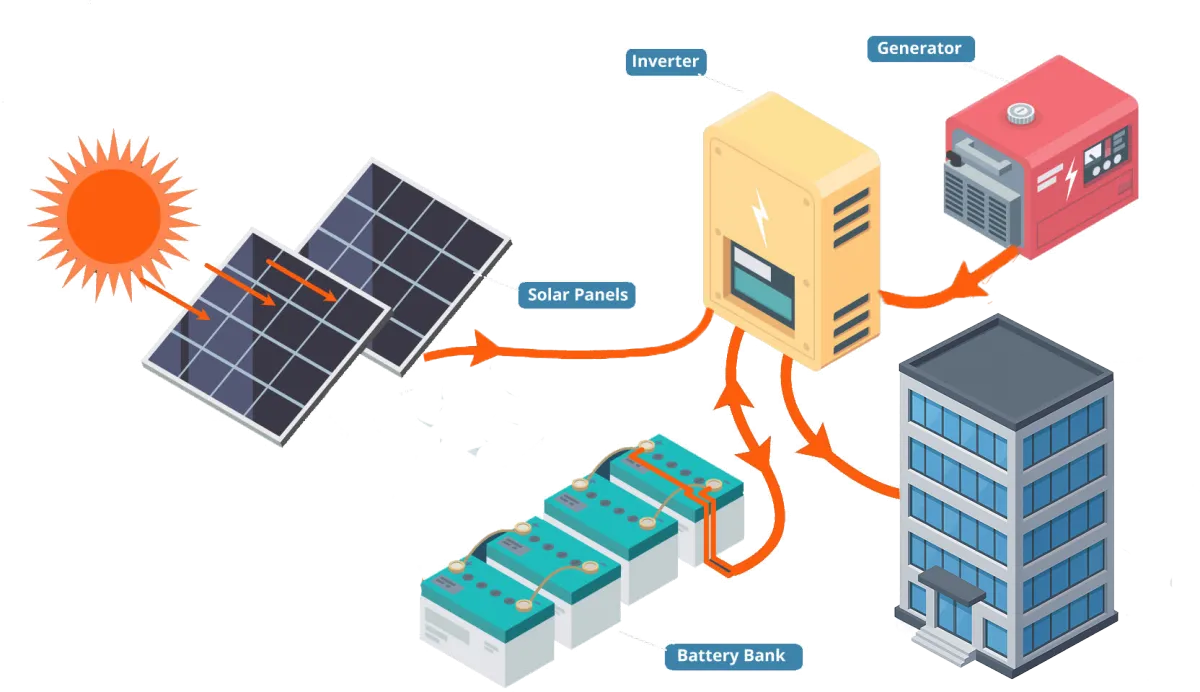
Pros of Off-Grid Systems
Off-grid solar systems are completely independent and suitable for remote locations.
Unconnected to utility power lines, off-grid systems are unaffected by fluctuations in energy prices or solar policies and will remain operational during local outages.
Cons of Off-Grid Systems
Higher upfront costs due to the hefty amount of storage required to back up an entire energy load, off-grid systems usually come with higher upfront costs than solar panels installed without a battery.
When completely off-grid, careful energy management is required to keep your business’s essentials running within the constraints of your battery reserve.
Hybrid Solar System
Offering the “best of both worlds,” a hybrid system refers to solar panels interconnected with the grid as well as a battery backup. Hybrid system popularity is accelerating, with grid-connected, battery-backed installations estimated to make up 28% of new distributed solar projects by 2028.
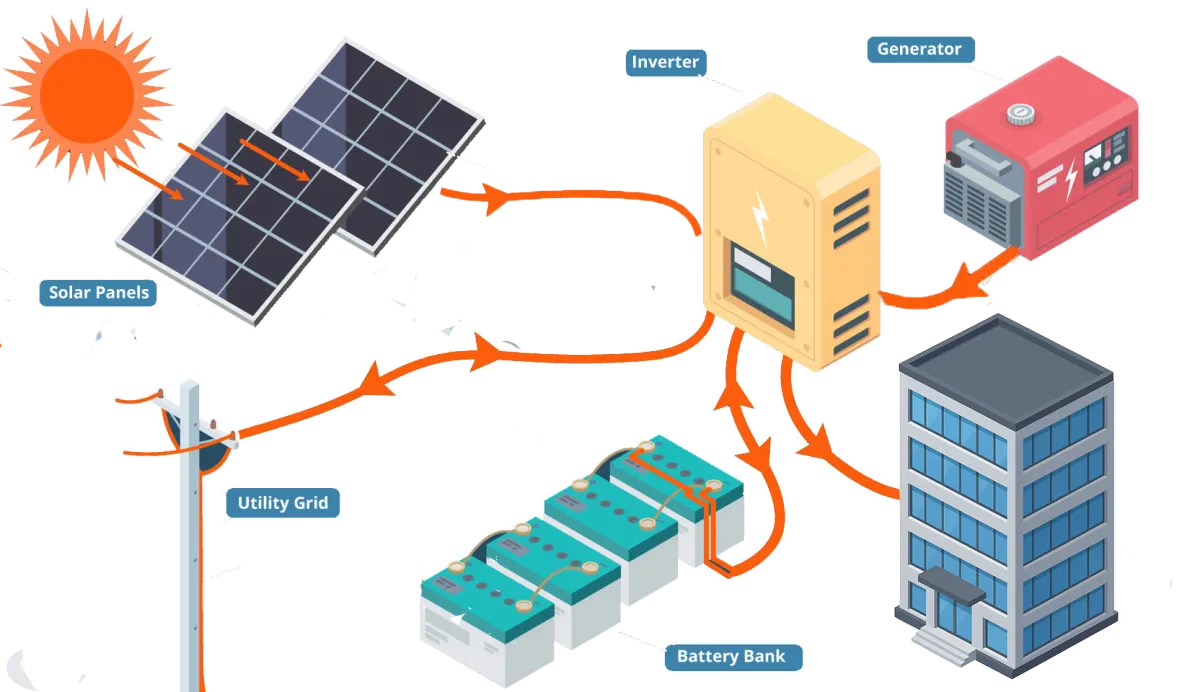
Pros of Hybrid Systems
A hybrid solar system can remain functional and deliver power to your business during a local grid outage.
In shifting between grid-tied and off-grid modes, hybrid systems provide high levels of control over your energy sources and costs.
Unlike an off-grid system, a hybrid system’s performance is not restricted by battery capacity. Business owners can purchase smaller or less expensive batteries for infrequent use.
Cons of Hybrid Systems
Higher upfront costs, battery storage and hybrid solar inverters can drive up total installation costs and limit potential return on investment (ROI).
With additional hardware on-site, hybrid systems require more installation space and increase the amount of potential points of failure.
Five-Step Installation Process
✅ Design & Proposal
Review system layout, performance projections, and financing options
✅ Permitting & Approvals
We secure building permits and utility interconnection agreements on your behalf.
✅ Installation Day
Our crew installs panels, mounts hardware, and connects wiring—completion is dependent upon project size. Our team will lay out a detailed schedule.
✅ Inspection & Commissioning
Local inspectors and your utility verify compliance; we then activate your system.
✅ System Handover
You receive access to monitoring tools, warranty documents, and our 24/7 support line.
Why Hire Everything Solar?
✅ We show up when we say we will
✅ We do the work we promised — the right way
✅ We’re licensed, insured, and certified on the systems we service
✅ We stand behind our work with real support
Certified Installers of




